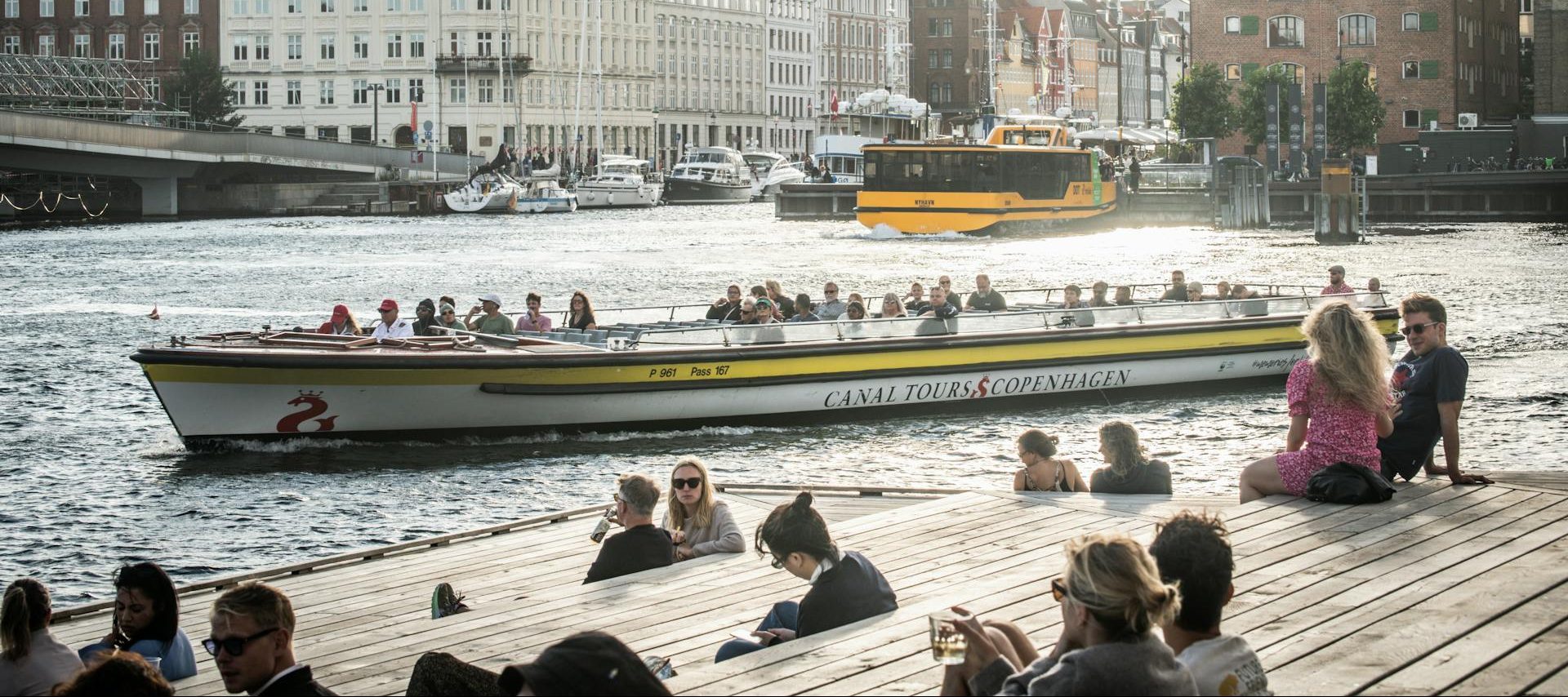
Moving to Denmark is an appealing prospect for many, as it offers a high standard of living, excellent public services, and a vibrant cultural scene. However, it is essential to consider the financial aspects before making such a move, particularly in terms of the salary required to live comfortably in Denmark. This article explores what kind of income you’ll need, addresses common financial concerns, and offers tips for potential expats.
Denmark is known for its high cost of living, particularly in urban areas like Copenhagen. Denmark’s average cost of living is significantly higher than the global average, with basic expenses like housing, food, and transportation taking up a considerable portion of one’s income. For example, renting a one-bedroom apartment in Copenhagen’s city centre can cost around 8,395 DKK to 17,490 DKK per month, depending on the location and quality of the accommodation. Meanwhile, the cost of groceries and eating out can add up quickly, making it essential to budget carefully. It can be harsh at first for a potential expat, especially if you still don’t have a fixed monthly income.
To live comfortably in Denmark, a single person would need a net monthly salary of approximately 21,438 DKK. This would cover basic living expenses, including rent, utilities, food, and transportation, with some disposable income left over for leisure activities. For a family of four, a net monthly income of 40,000 DKK is considered adequate to cover all expenses and maintain a comfortable lifestyle. It’s always advisable to have something in mind to help you settle or for any kind of emergency. If you haven’t got one yet, looking for job positions is one of the best options for a much more comfortable adaptability.
Beyond the monthly salary, potential expats must consider initial moving costs and setting up a new life in Denmark. These expenses include securing housing, which may require a deposit of up to three months’ rent, and purchasing basic household items. Additionally, many expats might need to budget for private health insurance, as public healthcare is free but may not cover all needs, particularly for newcomers, who usually still do not have permanent residency.
When planning a move, it’s crucial to factor in the cost of obtaining the necessary visas and permits. Still, expats generally put aside other equally important expenses, such as the customs clearance and transportation of their belongings to their new home. Finding a reliable removal service at an affordable price is a must when relocating internationally. VanOne International Movers offers cheap European removals with a specialised team. Our services ensure that all your belongings are fully insured and safely transported, allowing you to focus on settling into your new home without worrying about logistics.
While Denmark offers a high standard of living, it also comes with financial challenges, particularly for newcomers. The country’s high tax rates, which fund its comprehensive welfare system, can shock those unaccustomed to such a system. Income tax in Denmark can be as high as 55.9%, depending on your earnings, and VAT (Value Added Tax) stands at 25%, increasing the cost of goods and services. Understanding these tax rules is vital for financial planning in Denmark. If you can hire a tax expert familiar with Danish law and international tax treaties, chances are you’ll take advantage of the exemptions you are fitted to get. Your financial planning will have a much higher chance of success. See below some highlights of the scenario you might encounter:
Another financial issue to stress is the high cost of housing, especially in major cities. The housing market in Denmark is competitive, and finding affordable accommodation can be challenging. Rent prices are among the highest in Europe, and purchasing property is equally expensive, with prices per square meter in Copenhagen’s city centre reaching up to 40,000 DKK.
In Denmark, cash is still accepted in most places, but the country is increasingly moving towards a cashless society. Many transactions are done via card or mobile payment apps like MobilePay. This shift towards digital payments makes everyday purchases convenient. Still, it also means that having a Danish bank account and a payment card is almost essential for living in the country. Expats should know that cash is accepted but not the preferred payment method. Setting up a local bank account should be one of the first steps when settling in Denmark. Additionally, keeping some cash on hand for emergencies or situations where digital payments are unavailable is wise.
To adapt quickly to Denmark’s financial environment, potential expats should focus on a few key areas:
If you’re planning a move to Denmark, VanOne can help make the transition easier. We specialise in international removals to Denmark and offer tailored services, including door-to-door collection and delivery, customs clearance, and ensuring that all your belongings are carefully managed. Our experienced team will handle the logistics so you can focus on starting your new life in Denmark. Contact us today and get a free quote.
 Is Aarhus Denmark a Good Place to Live?
Is Aarhus Denmark a Good Place to Live?Is Aarhus Denmark a Good Place to Live? So, is Aarhus Denmark an excellent place to live? Situated…
 Do and Don’ts in Denmark for Expats
Do and Don’ts in Denmark for ExpatsDo and Don'ts in Denmark for Expats Knowing the societal norms and expectations that shape daily interactions is…
 7 Things to Know Before Moving to Denmark
7 Things to Know Before Moving to Denmark7 Things to Know Before Moving to Denmark Moving to Denmark is an attractive prospect, but it requires…
 What is the Best Age to Move Overseas?
What is the Best Age to Move Overseas?What is the Best Age to Move Overseas? Relocating to another country is a significant decision influenced by…